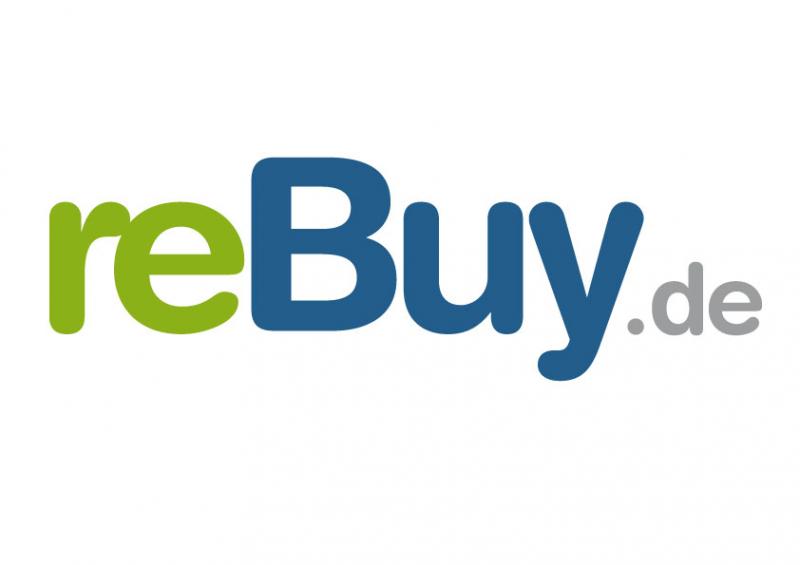How Data Can Enable Business Disruption: Traditional Retailers Must Take Note Of The Sharing Economy

Recently, I talked with the CEO and founder of reBuy about the shifting dynamics in the retail sector as a result of digitalization. The use of data has evolved to the point where data has become the enterprise’s most critical business asset in the age of the customer. The business model of reBuy reCommerce — the leading German marketplace for secondhand goods — can help CIOs understand how the intelligent use of data can significantly disrupt a market such as retail.
The case of reBuy offers interesting insights into how the wider trends of the sharing and collaborative economy affect retail. If you can buy a good-quality used product with a guarantee for half the price, many people will not buy the product new. Many consumers increasingly accept product reuse and see it as an opportunity to obtain cheaper products and reduce their environmental footprint by avoiding the production of items that wouldn’t be used efficiently. The reBuy case study highlights that:
- Business technology is taking the sharing economy into new realms. The reBuy business model demonstrates that consumers are starting to push the ideas of the sharing economy deep into the retail space. CIOs in all industries must prepare for the implications that this will have for their businesses.
- Standalone products are at particular risk of sharing dynamics. The example of reBuy shows that businesses that sell plain products will come under even more pressure from shifting shopping behavior, where people are increasingly satisfied with buying used goods. These businesses need to add value to those products that are not available for secondhand purchase.
- Analytics offer the potential to change business models. Analytics will increasingly drive business decision-making. Automated processes also depend on smart analytics as an input. Hence, an analytics strategy is about much more than developing tools to fine-tune marketing campaigns and product launches. CIOs need to investigate how they can deploy analytics to alter business processes and even business models. If they fail to do so, their competitors will.
- Social media is building personal reputations as currency. Sharing, per se, is of course nothing new: Past generations were used to the concept. What mattered back then was that personal reputation and trust were the basis for being able to engage in sharing with others. Trust obtains a new meaning in the online context, where recommendations matter. Without positive recommendations from others, it is increasingly difficult to participate in the sharing economy. The difference from the sharing model of previous generations is likely to be that sharing now comes with a price-tag.
If you are interested in these themes, you can find additional insights from my discussion with reBuy in my report, Case Study: How Data Can Enable Business Disruption.
